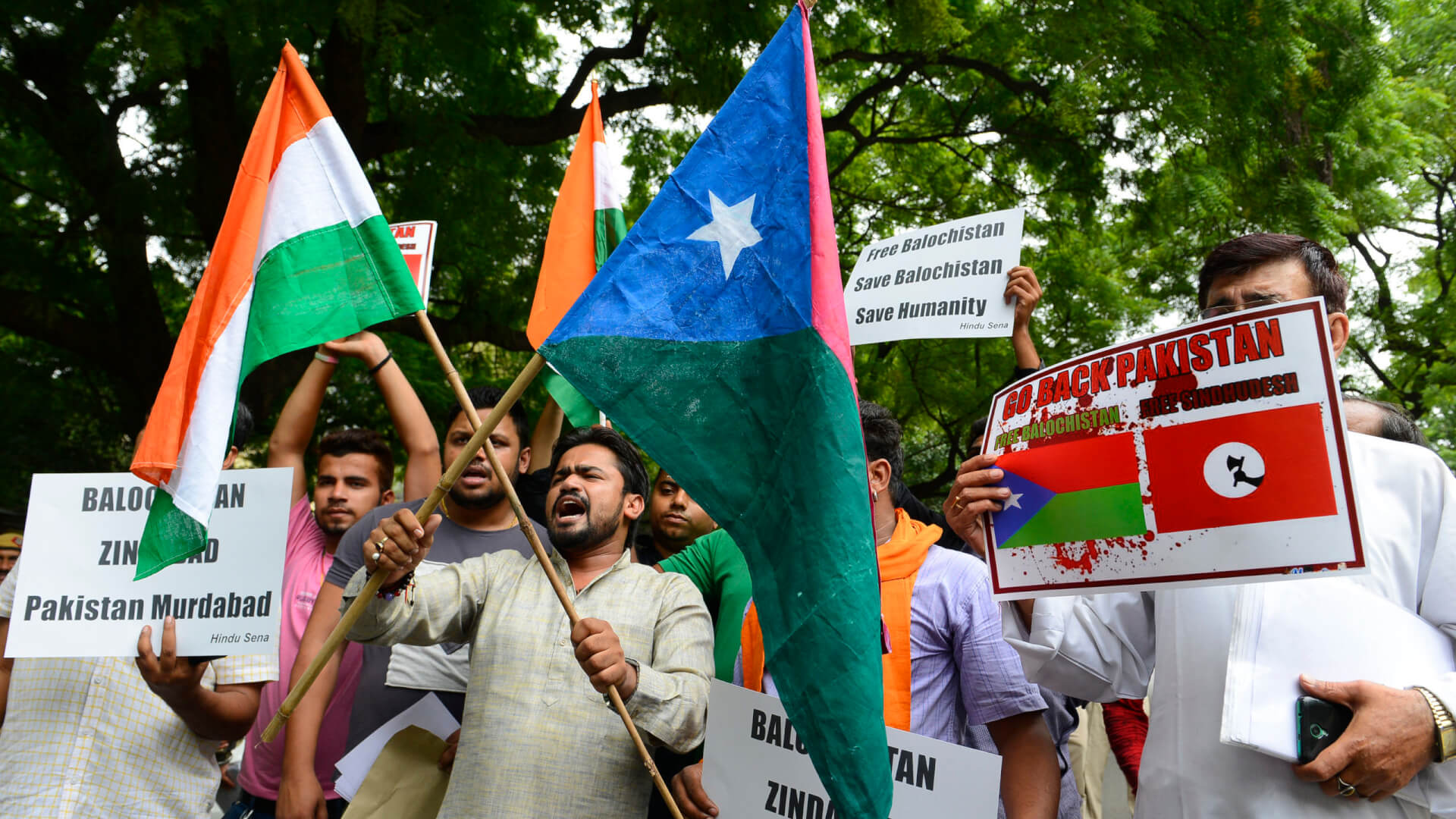The past few months have witnessed a surge in separatist sentiments in the Balochistan region of Pakistan. Last week, on Tuesday, in the third such attack since May, separatists fired at a paramilitary convoy that was patrolling the area. The attack led to the death of three soldiers and left eight injured. The separatists from Balochistan also claimed responsibility for the Karachi Stock Exchange attack on June 29, which resulted in four militants killing several police commandos.
There is also growing unrest due to rising numbers of forced disappearances in the area, which are allegedly being caused by Pakistan’s security forces. Consequently, the relatives of the individuals who have disappeared over the years have now gathered in front of the Press Club in Quetta. Since 2009, the region has been witnessing daily protests, which were sparked by the disappearance of a doctor who locals claim was abducted by “unknown men”.
The disappearances also caused the Balochistan National Party to end its two-year coalition with Prime Minister Imran Khan’s ruling coalition. The leader of the party, Akhtar Mengal, explicitly cited the failure of Khan’s government to act on the growing disappearances as the reason for his decision. In an interview with BBC, he said that over 1,500 Balochs had disappeared during PM Khans tenure alone. He was personally able to secure the release of 500 people, all of whom were in the custody of Pakistan’s security forces. However, since then, 1,800 more have been abducted from the Balochistan province. Citing these numbers, Mengal said, “If you cannot recover people, at least stop disappearing more people.”
China’s interests in Balochistan are the collateral damage in the Balochistan-Pakistan fight. To begin with, the region is known for its coal and gas reserves, which immediately attracted Chinese investments to the region. Moreover, the Gwadar port, which is a crucial part of the China Pakistan Economic Corridor (CPEC) that forms a part of China’s Belt and Road Initiative, is situated in Balochistan. Further, there have been several attacks in and around Chinese projects, which have been orchestrated by the separatists. Hence, the instability in the region is hindering the optimal exploitation of the resources by China.
The locals in the region strongly oppose China’s involvement in Balochistan, calling it an attempt to “colonise” the area. As “real owners” of the resources in the region, they believe that any investment by China should be made after acquiring the consent of Balochs. They also believe that the benefit of the Chinese investments is not being enjoyed by the Balochistan region, which remains deprived of essential resources such as clean drinking water, education facilities, and health infrastructure. Brahamdagh Bugti, the leader of the Baloch Republican Party, said “None of the previous development projects in Balochistan have ever been beneficial to the province or its people … We have been complaining for decades that Islamabad has never sought the consent of the Baloch people before initiating these projects. It is quite obvious that they are not launched to boost the province’s economy or to help people out of poverty. They are started for the benefit of the rulers in Islamabad.”
Anti-Pakistan Sentiments Rise in Balochistan, Questions Raised About Forced Disappearances
Several protestors have gathered outside the Press Club in Quetta demanding answers.
July 21, 2020

Source: The Media Line
